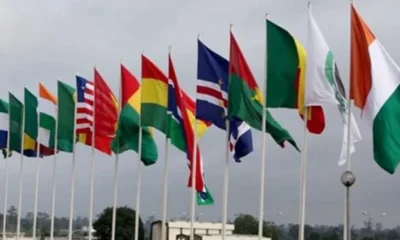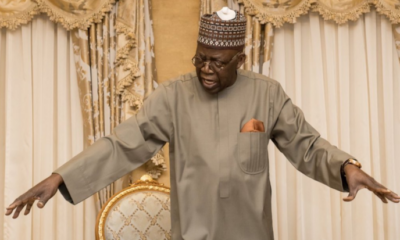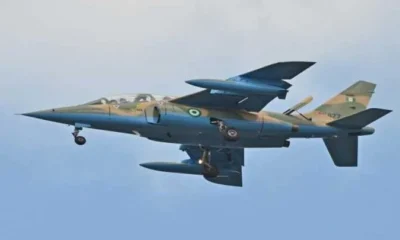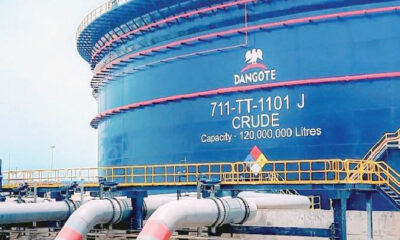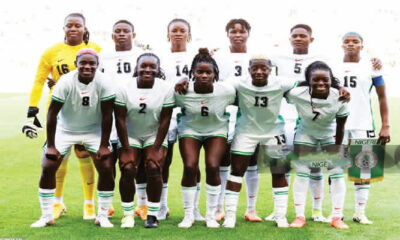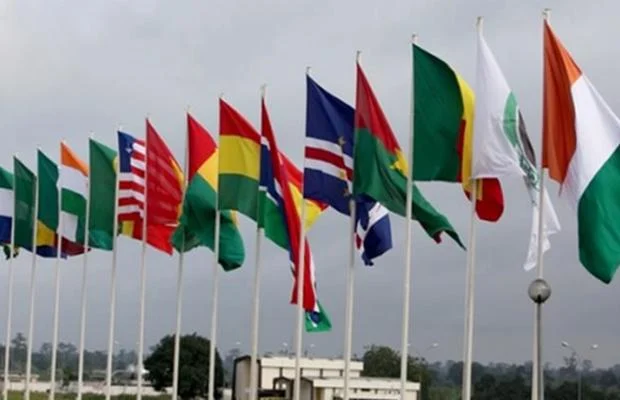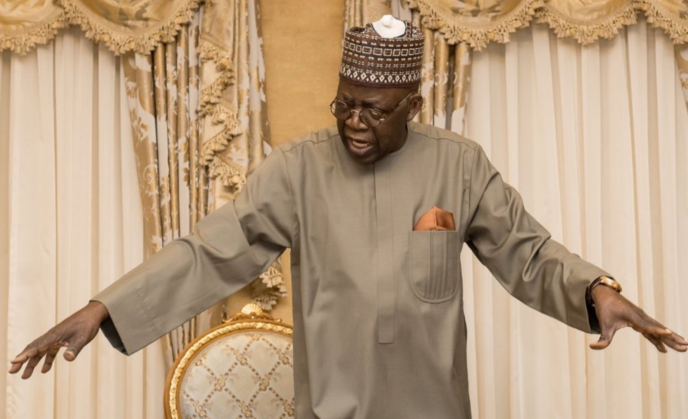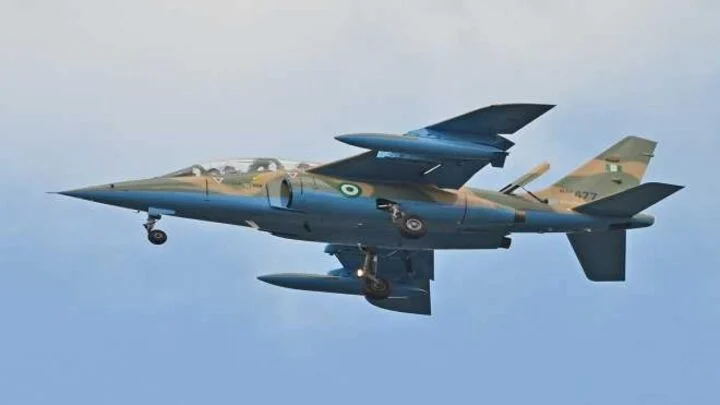The Economic Community of West African States (ECOWAS) has ramped up efforts to finalize practical arrangements for the launch of the single currency, “ECO,” for the region, following the consensus reached on implementing the directives issued at its 65th Ordinary Session.
This was disclosed in a communiqué released after the 66th Ordinary Session of the Authority of the Heads of State and Government meeting, which took place in Abuja on Sunday.
The ECOWAS bloc, comprising 15 countries, had initially planned to launch the currency in 2020, but the coronavirus pandemic led to delays.
The new launch date is set for 2027.
The Authority confirmed that it adopted the criteria proposed by the High-Level Committee for selecting candidate Member States for the launch of “ECO,” or those that would join at a later stage.
It also instructed the Commission, in collaboration with the West African Monetary Agency (WAMA), to ensure that these criteria are incorporated into the protocol establishing the “ECOWAS Monetary Union Agreement.”
The Authority also endorses the proposals of the High-Level.
Committee on the costs, sources and modalities for financing the implementation of the reforms and institutions needed to launch the ECO.
It urged the central banks and member states to take the necessary measures for the payment of their financial contributions for the operationalisation of these institutions as soon as the decision on the effective date for the launch of the ECOWAS single currency is taken.
The Heads of State also urged the High-Level Committee, in collaboration with the ECOWAS Commission, to intensify its efforts to ensure that the deadlines set for the establishment and operationalisation of the institutions needed to launch the ECO are met.
The body said it welcomed the results achieved in the implementation of the ECOWAS Agricultural Policy (ECOWAP) within the framework of food security and nutrition.
Considering the critical role of agriculture in the socio-economic development of ECOWAS member states, the Authority directed the commission to ensure a swift implementation of the regional strategy for the Development of Livestock Farming and the Security of Pastoral Systems; the Regional Rice Self-sufficiency Initiative and its road map 2025-2035; and domesticate the Comprehensive African Agriculture Development Programme (CAADP) Action Plan 2026-2035.
The Authority also welcomed the strengthening of cooperation with technical and financial partners and urged member states to work together with community institutions towards the achievement of these initiatives for food security and nutrition in the region.
- The ECOWAS currency is intended to:
Improve Trade
A single currency could lower trade costs and improve intraregional trade, which is currently hindered by the use of different national currencies that are not convertible within ECOWAS.
Boost Economic Prosperity
A single currency could boost the economic well-being and prosperity of ECOWAS countries.
Some say that the transition to a single currency will involve a short period where both the national currencies and the common currency circulate side by side. Others suggest that the first phase of implementation should involve two distinct ECO zones, where countries peg their national currency to the ECO.
Credit: Channels TV
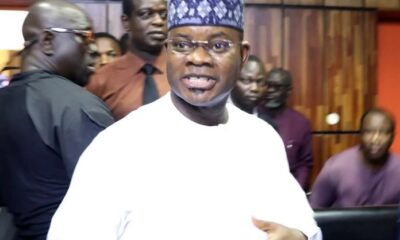
 BIG STORY5 days ago
BIG STORY5 days ago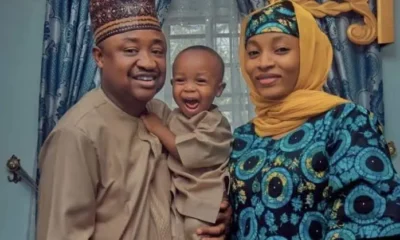
 BIG STORY5 days ago
BIG STORY5 days ago
 BIG STORY5 days ago
BIG STORY5 days ago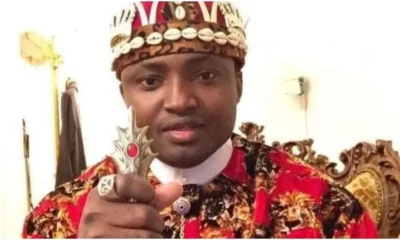
 BIG STORY4 days ago
BIG STORY4 days ago
 BIG STORY1 day ago
BIG STORY1 day ago
 BIG STORY1 day ago
BIG STORY1 day ago
 BIG STORY2 days ago
BIG STORY2 days ago
 BIG STORY4 days ago
BIG STORY4 days ago







